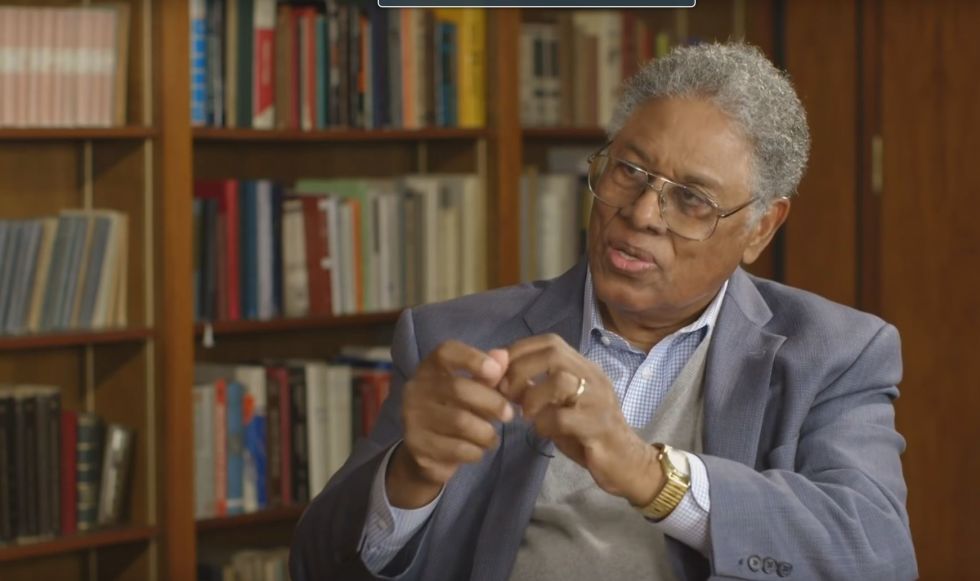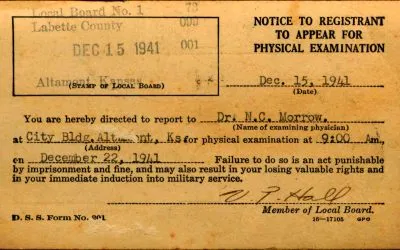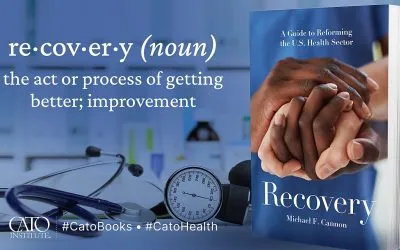Back in 1939, when Senator Daniel Inouye was a teenager, he attended a Japanese language school in Hawaii. He was appalled to discover that it was also a center for political propaganda, urging young Japanese Americans like himself to remember that they were Japanese first and owed an over-riding loyalty to Japan — in peace or in war. They also ridiculed Christianity.
When young Daniel Inouye objected, he was thrown bodily out of the school. Later, during World War II, he proved his loyalty to America as a soldier in battle, where he lost an arm.
Inouye was one of many Japanese Americans who proved themselves in battle, many winning combat medals for valor. It is also true that there were some other Japanese Americans who went to Japan and joined their military forces to fight against America.
In short, there were both loyal Japanese Americans and disloyal Japanese Americans, including among the latter some who cooperated with Japan’s espionage and subversion networks within the United States before and during the war. This was recognized at the time, even within the Japanese American community.
They could hardly have failed to recognize the disloyal, for some loyal Japanese Americans were bullied or beaten by those who were loyal to Japan.
The passage of time has, however, caused much of this to fade into the background. Thus steps taken during the war to deal with the dangers of espionage and subversion have later been widely attributed to sheer racism, an ever-popular explanation in some quarters.
A new book by Michelle Malkin, titled “In Defense of Internment,” challenges the widespread condemnation of the relocation of Japanese Americans away from the militarily vulnerable west coast. She brings out many facts and arguments that have long been ignored by those who prefer simpler explanations that enable them to condemn America.
As if inconvenient facts were not enough to guarantee that she would be viciously attacked and demonized, Ms. Malkin argues that what is called “racial profiling” was valid then, with the country in grave danger, and is valid again today when it comes to people from the Middle East living in the United States.
She does not say that all Arabs or Moslems in America today should be rounded up and interned. Nor does she claim that all or most Japanese Americans were disloyal during World War II. Her argument is much more sober and thoughtful than that, and a brief summary cannot do it justice.
Michelle Malkin’s book begins with the essential task of trying to re-create for today’s generation of Americans the circumstances and dangers faced by the United States in early 1942, when the relocation of Japanese Americans began.
The term “relocation” is more accurate than the term “internment” that has become more popular. Japanese American citizens in the west coast military zone could move anywhere else without going into internment camps, and thousands did.
Relocation was the policy but internment became the reality for most, because at that time many were still citizens of Japan and thus enemy aliens in wartime. Internment on the mainland was an alternative to putting the whole west coast population — of whatever race or citizenship — under martial law, as happened in Hawaii.
The times were grim and the choices stark, even if later second-guessers would grandly dismiss as “hysteria” the weighty concerns of that time. Japan launched many stunning attacks in the wake of its bombing of Pearl Harbor, including the sinking of American ships off the California coast and the shelling of that coast itself. No one knew where Japan would strike next.
Related Article:
Thoughts on Internment of Japanese Americans During World War II (August 22, 2004)
The government committed a massive error of judgment when it chose its policy of mass incarceration of Japanese Americans during World War II.




